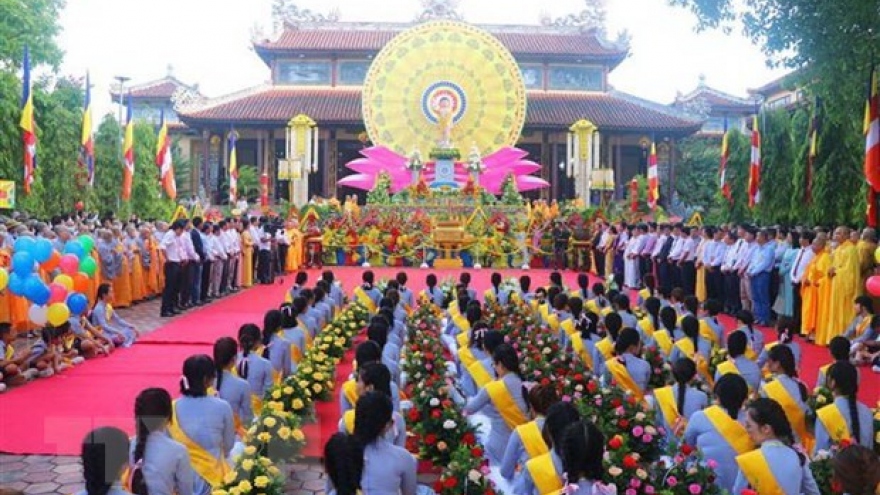Promoting freedom of religion and belief in Central Highlands
VOV.VN - Over the years the Vietnamese Party and State have implemented a consistent policy of respecting and ensuring people’s right to freedom of belief and religion throughout the country, including in the Central Highlands region.
Central Highlands – facts and figures
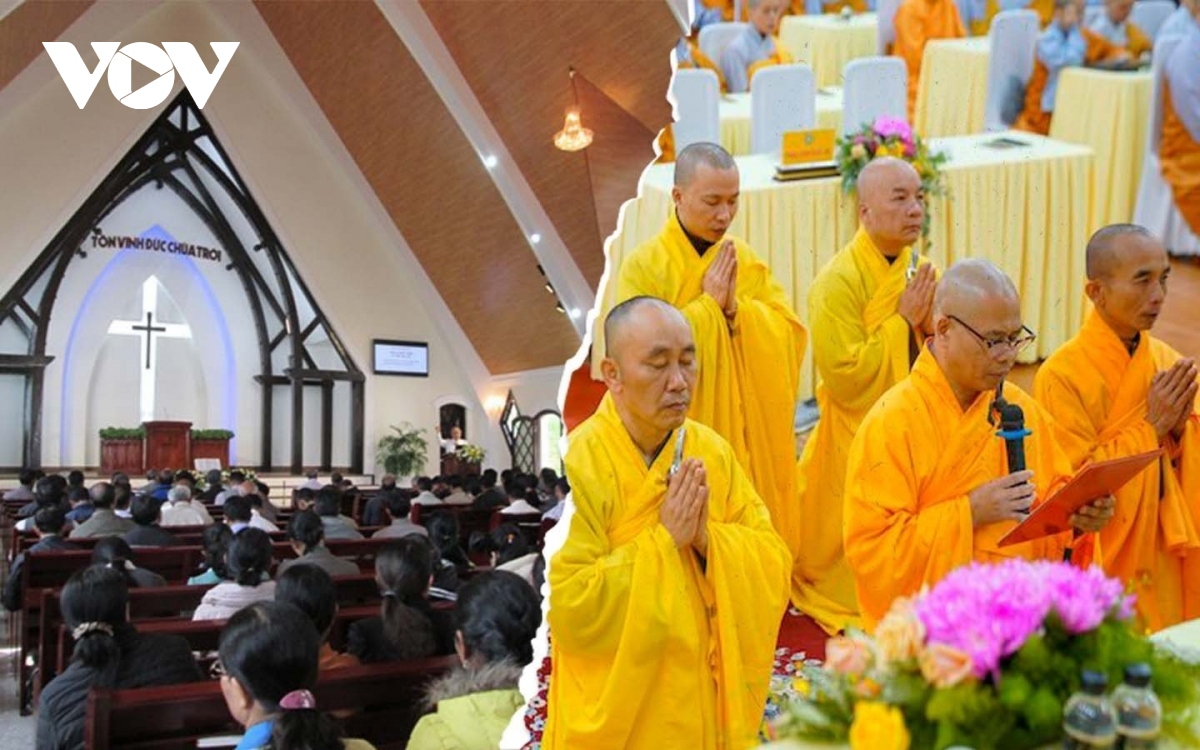
The Central Highlands, which comprises Kon Tum, Gia Lai, Dak Lak, Dak Nong, and Lam Dong provinces, is a particularly strategically important area in terms of economics, ecological environment, national defence, social affairs, security, and foreign affairs.
The region is home to nearly six million people of all of the country’s 54 ethnic groups, of whom about 2.3 million come from 53 different ethnic groups, making up more than 37.5% of the region’s population. The oldest and largest are the Ede, M’Nong, Gia Rai, and Ba Na.
It boasts a diverse and rich culture imbued with many unique characteristics. Local ethnic groups uphold traditions of solidarity and resilient revolutionary struggle. They hold polytheistic beliefs, worshipping gods, or clinging to beliefs related to production and the human life cycle.
The region is represented by various religious organisations, mainly Catholicism, Buddhism, Protestantism, and Cao Daism, with a total of roughly 2.3 million followers, nearly 4,000 dignitaries, 10,000 staff, and over 1,300 places of worship.
Catholicism was the earliest religion in the Central Highlands region and is an integral part of the Catholic faith in the nation as a whole. The religion is practiced by more than 1.1 million followers, roughly 1,000 dignitaries, as well as over 2,500 staff at dioceses and about 500 worship places. The Central Highlands therefore has the largest number of ethnic minority Catholics nationwide, accounting for 81% of ethnic minority believers in the Church.
Buddhism is the second largest religion in the region with the majority of followers being the Kinh, the largest ethnic group in the country. It is practiced by more than 670,000 followers, about 1,900 dignitaries, and more than 2,800 staff at about 570 places of worship.
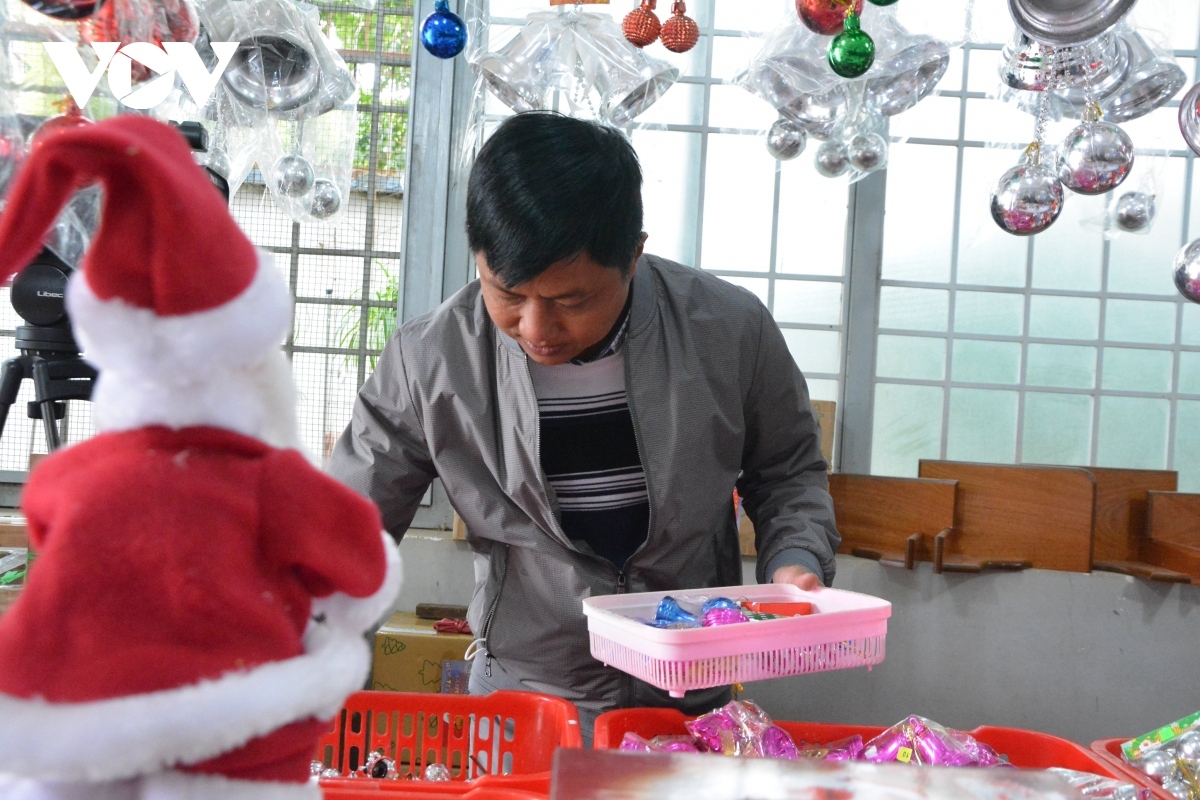
Protestantism was introduced in the Central Highlands in the early 1930s by the CMA Christian Missionary Alliance and later the Vietnam Evangelical Church (south). It then developed strongly among ethnic groups in the region in the 1990s. Currently, the religion features more than 530,000 followers, 800 dignitaries, 3,000 staff, and about 200 places of worship.
Furthermore, along with religious organisations recognized by the State, there are many new, strange, and heretical religious sects operating in the region. They include Ha Mon, Charismatic Canh Tan, Amí Sara, Po Khap Brau, Evangelical Christ Church of Vietnam, Lutheran Church of Vietnam and the United States, Jesus Christ’s Cross, Supreme Master Ching Hai, and International Meditation Society Master Ruma.
Since their inception, religious denominations such as Protestantism, Catholicism, and Buddhism with their good cultural and moral values have played an important role in and fully met the religious and belief needs of ethnic minorities in the Central Highlands. They have also actively engaged in social activities such as health care, education, humanitarian charity, and environmental protection, along with restoring the traditional cultural space, and preserving the language and scripts of the ethnic minorities.
Legitimate needs and aspirations of religions
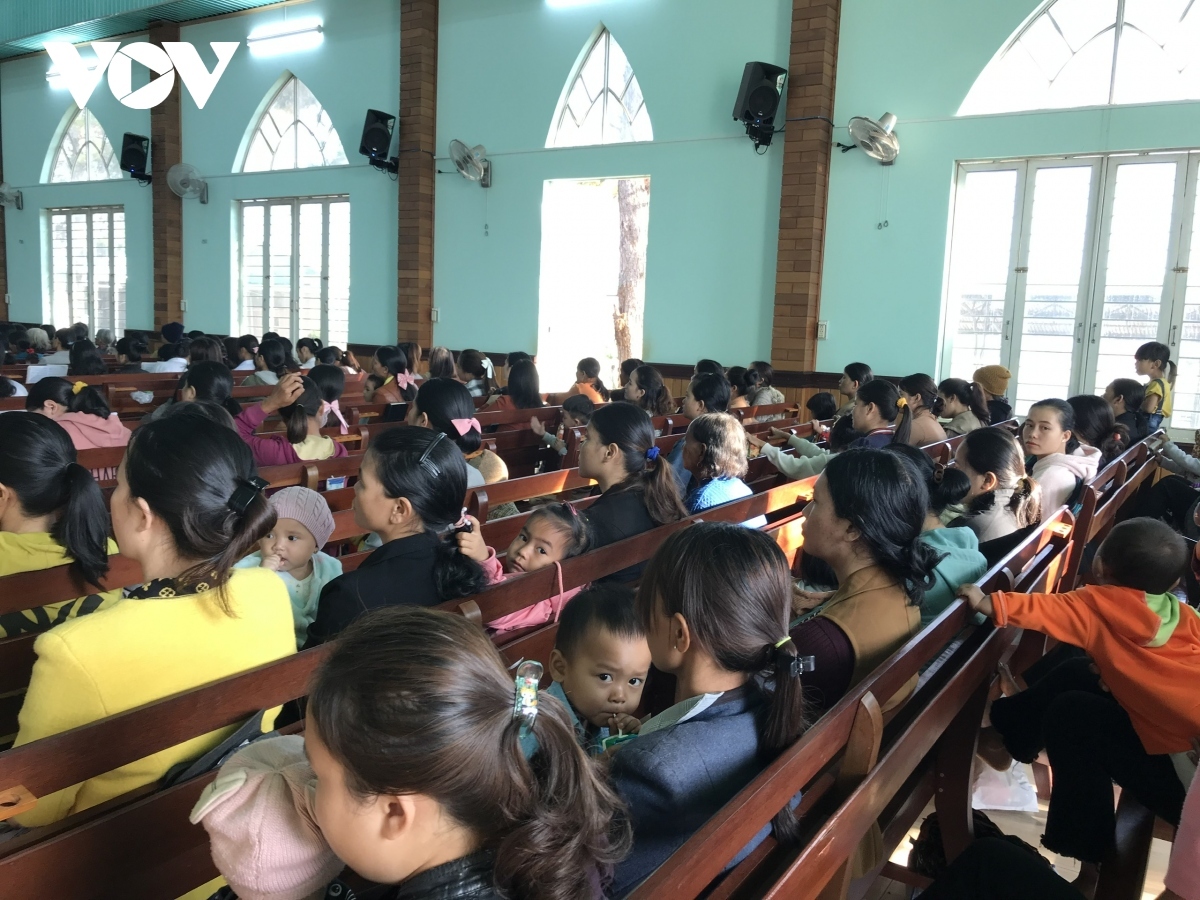
Along with socio-economic development, localities in the Central Highlands consistently implement a policy of respecting and ensuring the rights of local people to freedom of belief and religion. They promote mass mobilisation in areas with large numbers of religious people, especially in remote and border areas, and promptly disseminate Party guidelines and State policies among dignitaries and followers.
Local governments ensure religious activities, such as religious festivals, masses, ordination, staff training, publication printing, and the building or refurbishment of places of worship which take place in accordance with the law. They also promptly and rationally settle the legitimate needs and aspirations of religious organisations and individuals.
Each year sees local authorities arrange visits, meetings, and dialogues with religious organisations and dignitaries to promptly understand the thoughts and aspirations of religious followers, and to introduce solutions to problems that arise, in an attempt to nip in the bud any hot spots in the region.
Competent agencies also promptly and effectively prevent and handle law violations or plots that seek to take advantage of freedom of religion and belief in order to cause social disturbances or sow divisions among ethnic and religious communities, thereby contributing to ensuring social stability, maintaining political security, and promoting socio-economic development in the Central Highlands.
Orientations for religious affairs
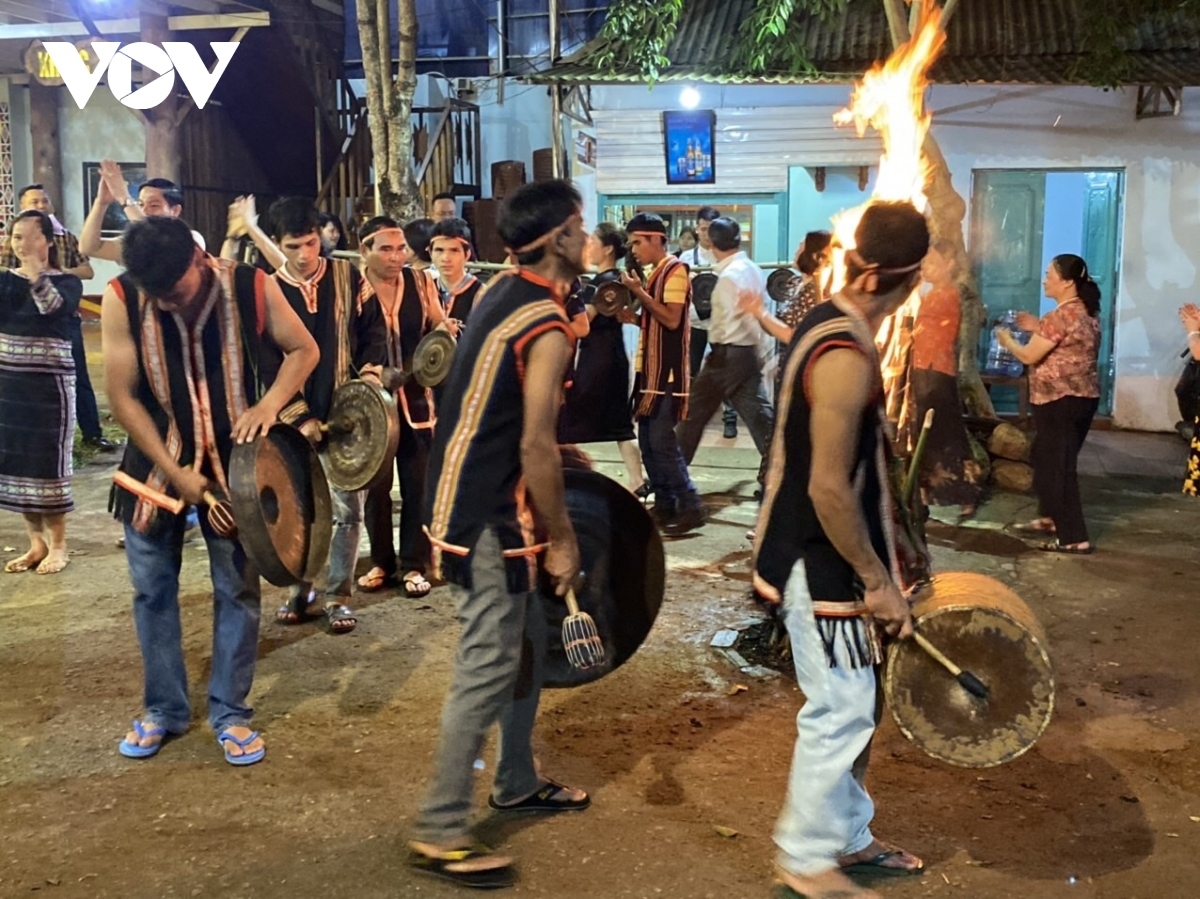
The Political Bureau has issued a resolution, while the Government has also approved a plan of action outlining directions for socio-economic development and assurance of national defence and security in the Central Highlands up to 2030, with a vision towards 2045. Their ultimate goal is to improve local people’s material and spiritual life, and at the same time competently implement both religious and ethnic policies.
Accordingly, the State will continue to consistently implement a policy of respecting and guaranteeing local people’s right to freedom of belief and religion in the Central Highlands. It will therefore strive to prevent all acts of violating the right to freedom of religion and belief, along with acts of taking advantage of religious activities and superstitious belief which seek to cause political insecurity, social disorder, and instability in the region.
The State will also pay close attention to the conservation, restoration, and promotion of traditional cultural and religious values and activities in the Central Highlands. It will continue to ensure the legitimate religious and belief needs of local religious people, with a specific focus on definitively settling disputes and complaints about land and worship places related to religion.
Moreover, the State will continue to create conditions for religions to engage in socio-economic development programmes, especially in the fields of social security and environmental protection. It vows to create conditions for religions to integrate into national culture, restore traditional cultural space, and preserve cultural values associated with religious activities.
It will organise more training courses specifically for officials and staff in charge of religious affairs in order to equip them with new knowledge about Party guidelines and State policies on socio-economic-cultural development, security, national defence, ethnicity, and religion.

